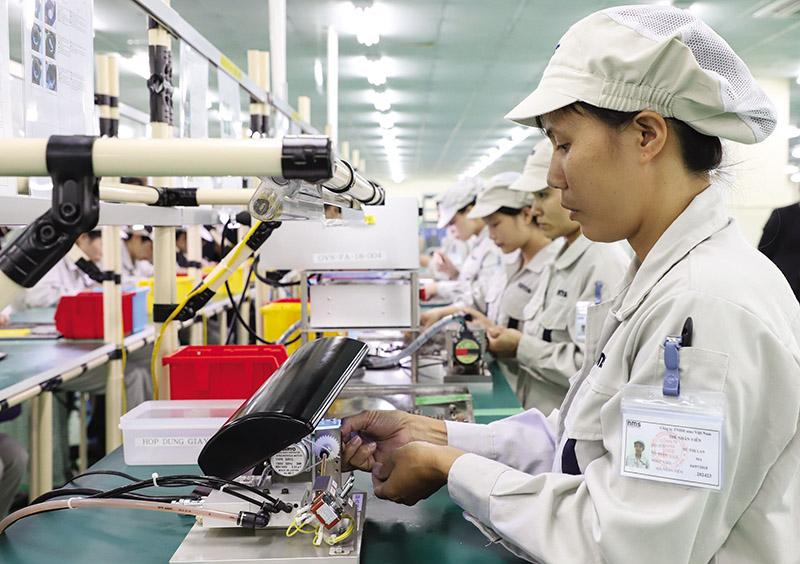 |
| Resolution 68-NQ/TW is a breakthrough and has been positively received by the business community. In the photo: USM Company (Japan). Photo: Duc Thanh |
Strategic move
On May 4, 2025, the Politburo issued Resolution 68-NQ/TW, marking an important strategic shift in Vietnam's economic development orientation. Aiming to turn Vietnam into a high-income country by 2045, the Resolution sets out a series of comprehensive reforms to improve market governance, strengthen the private economic sector and promote sustainable development.
For foreign investors, this is a clear and powerful message that Vietnam is ready to welcome international capital flows, not only in terms of market access, but also in creating a stable, transparent and rule-of-law-based investment environment - factors that are increasingly appreciated by global investors.
One of the most notable features of Resolution 68-NQ/TW is the renewed focus on improving Vietnam’s legal framework and governance environment. Investors, especially long-term investors, value predictability and transparency. The resolution calls for digitizing the administrative system, cutting red tape, simplifying licensing processes, and increasing transparency in public sector management. These reforms have a direct impact on the capital allocation decisions of foreign-invested enterprises.
By simplifying investment processes, land access, customs procedures and business registration, Vietnam is proactively reducing barriers that are common in developing economies . For companies expanding their production facilities or looking for new destinations in the region, these changes are not only convenient, but also fundamental to their investment strategies.
Resolution 68-NQ/TW refocuses attention and incentives on high-tech, green and knowledge-based sectors, including renewable energy, advanced electronics, digital services and logistics – sectors where foreign investors already have a strong presence and are keen to expand in Vietnam. By adjusting policy incentives accordingly, Vietnam is taking the lead in attracting foreign capital into these sectors in the future.
Resolution 68-NQ/TW also proposes strong reforms of the state-owned enterprise sector - a sector that is considered a pillar of the Vietnamese economy, but is also a bottleneck in investment efficiency due to its large scale. By improving governance, requiring stock listings and promoting a healthy competitive environment, the Government is creating more favorable conditions for foreign investors to participate in sectors that are traditionally dominated by state-owned enterprises, while spreading economic benefits to all other market participants.
These changes have many positive impacts. Foreign investors considering joint ventures or public-private partnerships will have a clearer view and more certainty about the current environment. This also opens up opportunities for mergers and acquisitions or minority investments in state-affiliated enterprises undergoing equitization, especially in key sectors such as transportation, energy and infrastructure.
Capital markets and uncertainties
Regarding foreign indirect investment flows, Resolution 68-NQ/TW brings many positive prospects. Vietnam will promote the in-depth development of the capital market by improving corporate governance standards, digitizing the information disclosure system, and promoting the listing of shares of large-scale state-owned and private enterprises. These steps contribute to increasing transparency and expanding the number of reliable listed enterprises in the market.
This is a key factor in attracting foreign institutional investors, especially those funds that are using Vietnam as a benchmark in their emerging market investment baskets. As the market depth and liquidity improve, Vietnam will become increasingly attractive to pension funds, sovereign wealth funds and asset managers looking for diversification opportunities in Asia. The Vietnamese market has been lacking in new equity issuances and new listings over the past few years and Resolution 68-NQ/TW aims to directly address this issue.
 Resolution 68-NQ/TW reorients attention and preferential policies to high-tech, green and knowledge-based sectors, including renewable energy, advanced electronics, digital services and logistics - sectors where foreign investors already have a strong presence and are looking to expand in Vietnam.
Resolution 68-NQ/TW reorients attention and preferential policies to high-tech, green and knowledge-based sectors, including renewable energy, advanced electronics, digital services and logistics - sectors where foreign investors already have a strong presence and are looking to expand in Vietnam. 
Encouraging domestic companies to conduct IPOs, issue bonds and attract strategic equity investments will also broaden the potential investment pool. This is in line with the growing interest from private equity and venture capital funds in dynamic growth stories in Vietnam’s private sector.
A notable highlight of Resolution 68-NQ/TW is its strong support for the startup ecosystem and private enterprises in Vietnam. Recognizing the private sector as the main driver of job creation and innovation, the Resolution aims to improve access to capital, simplify the tax system and reduce the burden of administrative procedures.
Startups and fast-growing private enterprises, a group often overlooked by traditional banks in Vietnam, will benefit from reforms to promote cash-flow-based lending and new credit scoring mechanisms. These reforms aim to shift Vietnam’s banking system away from a heavy reliance on collateral and toward more dynamic funding based on actual business performance.
In parallel, Resolution 68-NQ/TW also provides clearer legal regulations and preferential policies for early-stage investments, co-investment mechanisms and venture capital fund participation. These measures are expected to increase the confidence of venture capital funds and angel investors in the region, who are considering entering Vietnam’s increasingly competitive startup market.
Resolution 68-NQ/TW also reaffirms the commitment to ensuring stable and predictable tax incentives for foreign-invested projects, especially in priority sectors or underdeveloped areas. More importantly, the Resolution ensures clarity in regulations on transfer pricing, value-added tax (VAT) procedures and customs clearance.
Regulatory consistency and limited discretion at the local level will help businesses reduce operational concerns and the risk of retroactive action. For investors considering reinvestment, this policy stability is often as important as the initial incentives to enter the market.
Supply chains and regional integration
Vietnam is increasingly integrating into global supply chains, especially as many international companies shift production out of China. Resolution 68-NQ/TW’s focus on upgrading industry, developing logistics, and enhancing private sector competitiveness further strengthens Vietnam’s role as a strategic hub for high-value manufacturing and regional connectivity.
By aligning its legal, fiscal and institutional frameworks with these goals, Vietnam is strengthening its appeal in the eyes of multinational corporations considering their next investment location.
Although Resolution 68-NQ/TW is a breakthrough and has been positively received by the business community, its effectiveness still depends largely on its implementation.
In fact, Vietnam has struggled to translate central policy into consistent local action. However, with institutional reforms well underway in 2025, including the merger of ministries and agencies, and the restructuring of provincial and local governments with community support, the time is ripe to push for further changes in a more comprehensive manner.
Although not a law, Resolution 68-NQ/TW was issued as a political directive at the highest level, assigning specific tasks to all levels of government to implement, turning policies into practical benefits.
In recent years, Vietnam has built a solid reform record, especially in areas related to trade and investment liberalization. With foreign investor confidence at a high level and recent legal reforms being positively received by the international community, expectations for the practical effectiveness of Resolution 68-NQ/TW are increasing.
Resolution 68-NQ/TW marks a strategic step forward in the journey to make Vietnam a leading destination for international investment flows. This document not only addresses long-standing structural challenges, but also aligns with global investment standards and expectations. For foreign direct investment (FDI), the Resolution creates clarity, consensus and expands opportunities. For indirect investment (FII), the Resolution helps deepen the market, improve governance and increase the number of investable assets.
As Vietnam’s economic position in the region continues to rise, Resolution 68-NQ/TW is expected to be remembered as the policy that laid the foundation for the next wave of foreign investment, innovation and sustainable growth and become a pillar for Vietnam’s long-term economic development aspirations.
Source: https://baodautu.vn/nghi-quyet-68-nqtw-buoc-ngoat-moi-trong-thu-hut-du-tu-nuoc-ngoai-d283361.html


![[Photo] Determining the pairs in the team semi-finals of the National Table Tennis Championship of Nhan Dan Newspaper](https://vphoto.vietnam.vn/thumb/1200x675/vietnam/resource/IMAGE/2025/5/21/eacbf7ae6a59497e9ae5da8e63d227bf)
![[Photo] Scientific workshop "Building a socialist model associated with socialist people in Hai Phong city in the period of 2025-2030 and the following years"](https://vphoto.vietnam.vn/thumb/1200x675/vietnam/resource/IMAGE/2025/5/21/5098e06c813243b1bf5670f9dc20ad0a)

![[Photo] Prime Minister Pham Minh Chinh receives Rabbi Yoav Ben Tzur, Israeli Minister of Labor](https://vphoto.vietnam.vn/thumb/1200x675/vietnam/resource/IMAGE/2025/5/21/511bf6664512413ca5a275cbf3fb2f65)
![[Photo] Prime Minister Pham Minh Chinh receives the President of Asia-Pacific region of PowerChina Group](https://vphoto.vietnam.vn/thumb/1200x675/vietnam/resource/IMAGE/2025/5/21/0f4f3c2f997b4fdaa44b60aaac103d91)




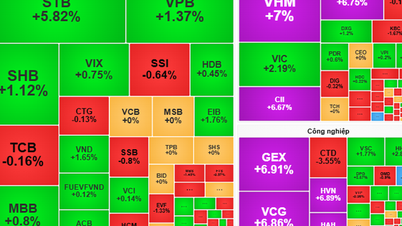


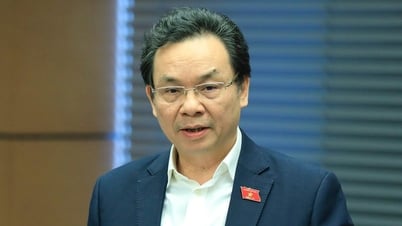






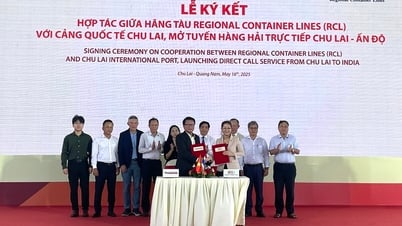


































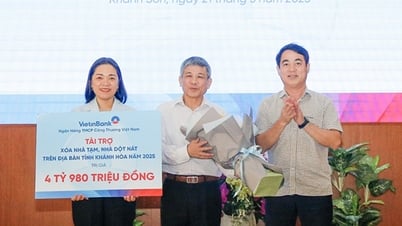




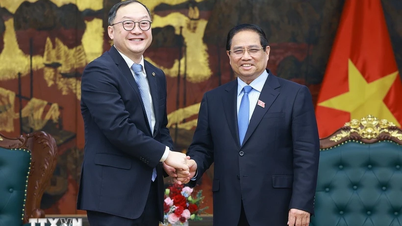






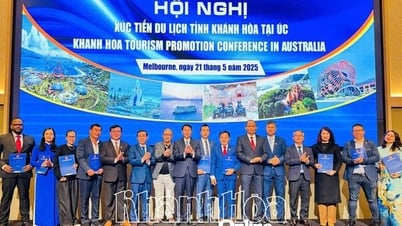
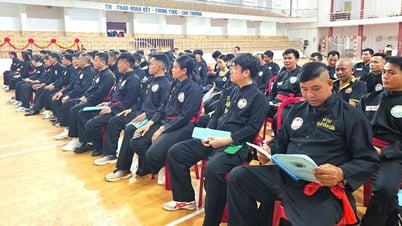





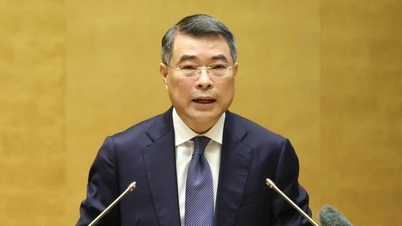


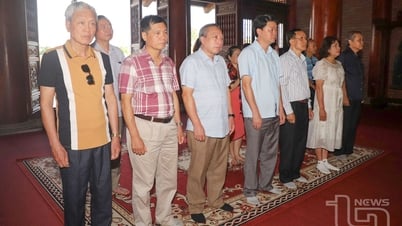













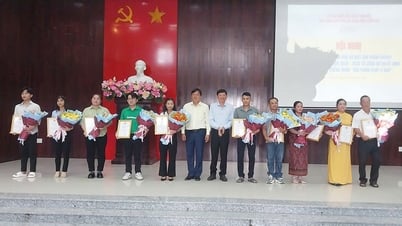

Comment (0)